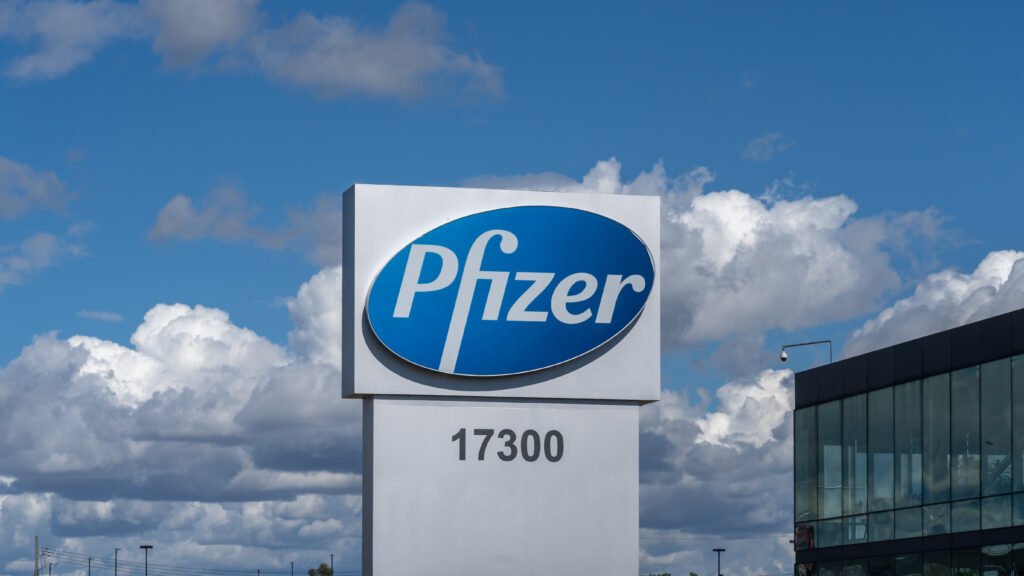Pfizer has won the bidding war against Novo Nordisk to acquire obesity-drug biotech Metsera.
The pharma giant upped its offer, valuing the startup at up to around $10 billion, Metsera said Friday.
In a statement, the biotech also said it received a call from the Federal Trade Commission about potential risks with Novo’s offer under U.S. antitrust laws, which led the board to determine Novo’s offer “presents unacceptably high legal and regulatory risks” compared to Pfizer’s offer.
Pfizer said in a statement, “We are pleased that we and Metsera have agreed to these revised terms, which will provide immediate and certain value to Metsera’s shareholders.” It would pay $65.60 per share in cash and then a contingent value right of up to $20.65. Pfizer expects to close the deal with the biotech shortly after a Metsera shareholder meeting on November 13.
Novo did not immediately respond to a request for comment.
The development caps off a high-stakes battle between two pharma giants to gain ground in the booming obesity market. Pfizer initially said it would acquire Metsera around a month ago for up to $70 a share. But Novo swooped in last week with a surprise takeover bid. The two companies have since gone back and forth with higher offers, and Pfizer even filed two lawsuits against Novo and Metsera. Novo’s most recent disclosed offer was $86.20 per share, just under Pfizer’s winning bid.
Pfizer, which doesn’t have any approved obesity treatments, may now have a chance to enter the market with Metsera’s candidates, which are designed to be dosed monthly. The current wildly popular drugs on the market are taken weekly.
Novo, while first on the market with blockbusters Ozempic and Wegovy, has fallen behind Eli Lilly and is trying to recoup its lead. It’s not clear how much value Metsera’s candidates would have added to Novo’s pipeline, as there are overlapping drug mechanisms, such as targeting the GLP-1 and amylin hormones. But the amount of money Novo was willing to pay for the biotech raised questions around Novo’s confidence in its own candidates and highlighted its need for new growth drivers.
A key sticking point with Novo’s offer was that it was structured so that Novo would first pay a large amount to acquire half of Metsera’s stock, and that money would be paid out to Metsera’s shareholders as dividends. Pfizer argued Novo would try to do this before getting regulatory approval for the deal, even though the move would in effect block out other potential acquirers, since executives and employees could pocket the money and leave before the deal is closed.
The FTC also raised this concern in a letter it sent to Novo and Metsera.
Metsera, in its statement Friday, said some of the risks with the Novo offer include “risks that the initial dividend may never be paid or may be subsequently challenged or rescinded.”
Metsera’s lead candidates are a GLP-1 drug, MET-097i, and an amylin drug, MET-233i. Both have shown promising efficacy when dosed weekly in early trials, but Metsera has yet to post data proving that the drugs have competitive efficacy when dosed monthly.



